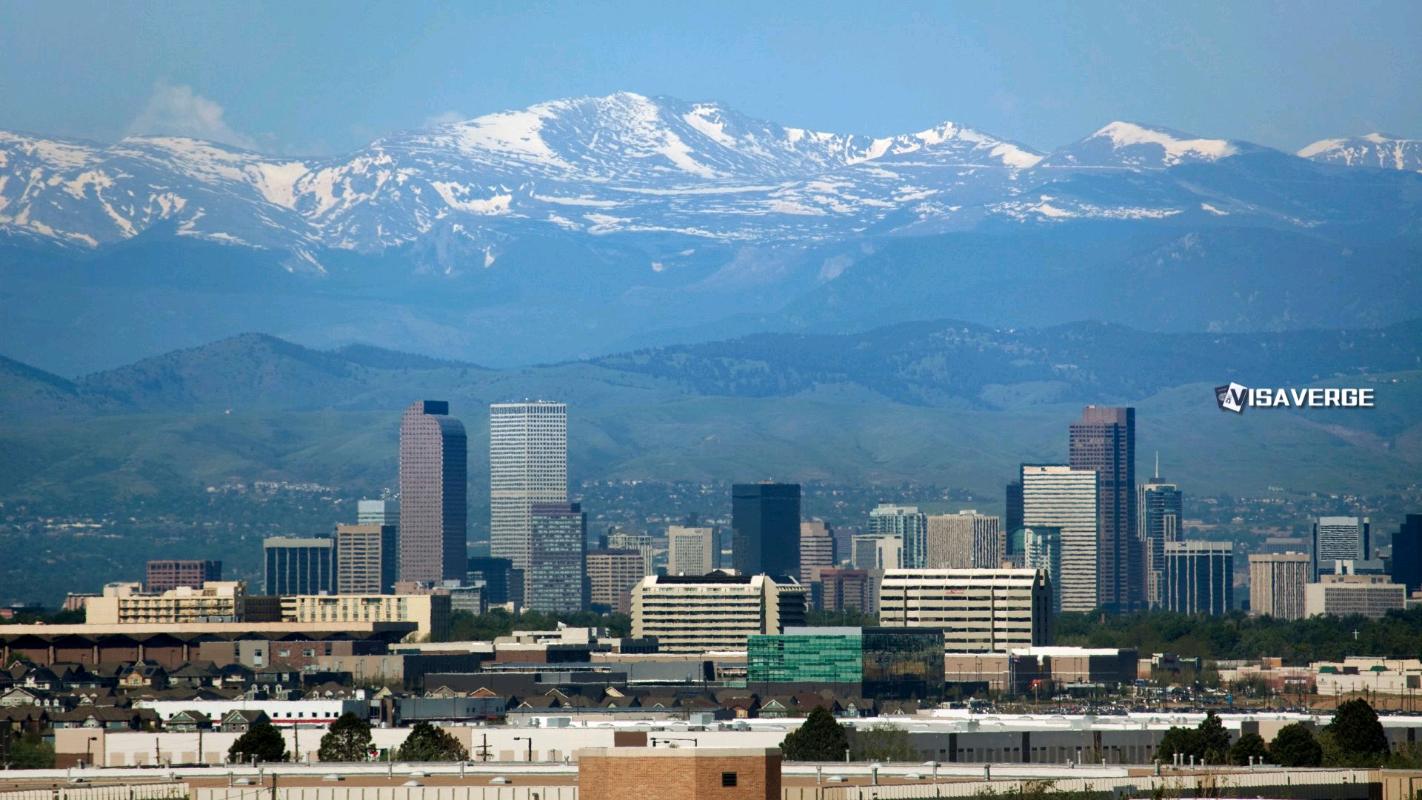On July 26, 2025, American Airlines flight 3023, a Boeing 737 MAX 8, aborted takeoff at Denver International Airport after two tires burst and a hydraulic leak caused a fire. All 173 passengers and six crew members evacuated using emergency slides. One person was hospitalized for minor injuries. This event has led to urgent investigations by the FAA and NTSB, raising new questions about aviation safety in the United States 🇺🇸.
The incident happened at about 2:45 p.m. as the plane sped down runway 34L. The left main gear’s outboard tire failed first, followed by the inboard tire, likely due to heat from heavy braking. A hydraulic line broke, spraying fluid that caught fire near the left landing gear. The pilots stopped the plane, which rested on its left engine and damaged gear. Passengers exited quickly via right-side slides and exits onto the wing and tarmac. The Denver Fire Department put out the fire fast. Six people were checked by medical staff, with only one needing hospital care.

The FAA and NTSB are now investigating. The FAA called it a “possible landing gear incident during departure.” American Airlines confirmed a “mechanical issue on take-off roll… involving an aircraft tire and flames” and has removed the Boeing 737 MAX 8 from service for checks. Boeing has not commented, referring questions to the airline and investigators.
This event comes after other safety problems with Boeing 737 MAX jets, including the January 2024 grounding of 737-9 MAX planes due to door plug failures. The FAA has since increased checks on Boeing and its suppliers, requiring strict inspections before planes can fly again.
For passengers, knowing flight safety protocols is important. In emergencies like fire or smoke, flight attendants will order an immediate evacuation using the nearest exits and slides. Passengers must leave all bags behind to avoid slowing down the evacuation. Emergency slides may be used, and sometimes people exit onto the wings. Once outside, everyone should move away from the plane and follow instructions from crew and emergency teams.
All U.S. airlines must train crews for emergencies, including fire and evacuation. Planes have many safety systems, like fire suppression and emergency lighting. The FAA requires that all passengers can be evacuated in 90 seconds, even if half the exits are blocked. Passengers get safety briefings before every flight, showing where exits and safety equipment are.
After recent incidents, the FAA has made airlines replace tires more often in hot weather and is reviewing evacuation rules. Experts say crew training and passengers listening to instructions are key to staying safe. Unions for flight attendants and pilots want more oversight of aircraft building and repairs.
According to analysis by VisaVerge.com, the July 2025 Denver event highlights the need for strong safety checks and clear passenger guidance. For the latest safety information, visit the FAA’s official website.
Passengers should always listen to crew, know where exits are, leave belongings behind in emergencies, and move away from the plane after evacuation. Ongoing investigations may lead to new safety rules for airlines and manufacturers. Stay updated through official FAA and airline channels.
Learn Today
Abort takeoff → A procedure where pilots stop the plane from leaving the runway after an emergency occurs.
Hydraulic leak → Escape of fluid from airplane hydraulic lines essential for controlling brakes and landing gear.
Emergency slides → Inflatable chutes used by passengers to quickly evacuate an aircraft during emergencies.
FAA → Federal Aviation Administration, U.S. agency responsible for regulating all civil aviation safety.
NTSB → National Transportation Safety Board, investigates civil transportation accidents and issues safety recommendations.
This Article in a Nutshell
On July 26, 2025, American Airlines flight 3023 aborted takeoff due to bursting tires and a fire. All 179 evacuated safely. FAA and NTSB investigate. Boeing 737 MAX 8 temporarily grounded amidst ongoing safety reviews following earlier issues with this aircraft family.
— By VisaVerge.com













